A nice collection of selected reading material, including tales and analysis relevant to MNC Masters, compiled and written by Michael G.
Inspiration Station
The last month has felt like a CVS checkout line (remember those?) come to life as we must simply, wait. There are great many things to be anxious about in this current moment but it is most fun to focus on the least meaningful of these in order to distract from the most meaningful.
In my case, it’s the fact that I didn’t get that one last chance to race with friends and prove myself before saying goodbye to the season. I’m sure skiers at every level feel this pain but for a master skier it’s all the more acute given the inevitability of your physiological decline. Last year, quite literally, is never coming back and I’ll be one more year away from my lifetime max heart rate next year.
For this reason, the off-season for masters is an extended effort to walk up an escalator—a prospect made more challenging by having fewer people around to share in the ludicrousness of the exercise.
The good news is that there is lots of good news about aging and athletic performance despite this Sisyphean task. I like to collect articles or interesting pieces of information on this subject to pull out at times like this for a dose of optimism.
Below are a few of the more interesting pieces I’ve seen recently. Note that the only kind of peer review I understand is when I’m late for a carpool, so my science literacy is lacking. What I’m really looking for is inspiration in these articles and enough credibility for me to share with the MNC’ers in the health care world (thank you!).
Data to Consider on the Erg
Stephen Seiler basically wrote the book on the 80/20 training methodology (actually someone else wrote the book and took credit) and is an American professor of sport science working in Norway. He has an active Twitter and analyzed 20 years of Concept 2 data in a recent post. The results indicated good news for masters. The data, shown below, shows that age classified performance for longer distances decreased much less than for shorter distances. No bias here but I was particularly encouraged that for M3s at distances of 10k and above the data indicated increased performance versus M1s.
Run like a Dad
Alex Hutchinson has a regular series in Outside that examines recent developments in sports science. He recently examined the physiological profile of older elite marathoners. Superficially the article is great because it discusses several runners up to the age of 70 breaking the 3 hour marathon. The take away is more important; however, which is the ability of masters athletes to have extended performances at very high levels of VO2 max. Consistent with the Seiler data, it shows that masters both have heart and can crush for a very long race. In other words, despite the fact your engine isn’t the newest model you can redline it much longer than when you pulled it out of the lot. Of course, this does mean keeping that VO2 max high, so be sure to heed Adam’s challenge and make use of this down time!
MNC Masters
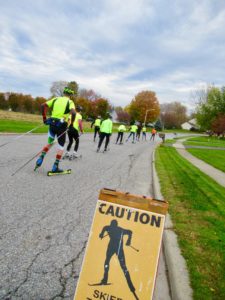
There’s no scientific research on the benefits of being an MNC master skier but none is really needed. Like myself, there’s a common thread among masters that are crazy enough to drive two hours for a 30 minute race, which is that we’re either new to Nordic or rediscovering after years away. In both cases, the drive to make up
for lost time is what gets most of us out to the Range and certainly, oblivious to eye-rolls from Kort’s neighbors when attacking the Southridge rollerski course.
Alongside the lost time is ample opportunity to improve technique, which in a lot of cases is way more helpful than cranking out interval sessions. For this reason, a technique heavy sport like Nordic skiing is perfect for an aging athlete because it allows a backdoor for performance improvement even if the only wheels that your going to spent 300 hours on top of are those of your desk chair.
Hopefully, these articles give you enough reason to make it through the next couple months when the promise of warm days outside makes the training easier and the memory of last season more distant. See you out there from afar!

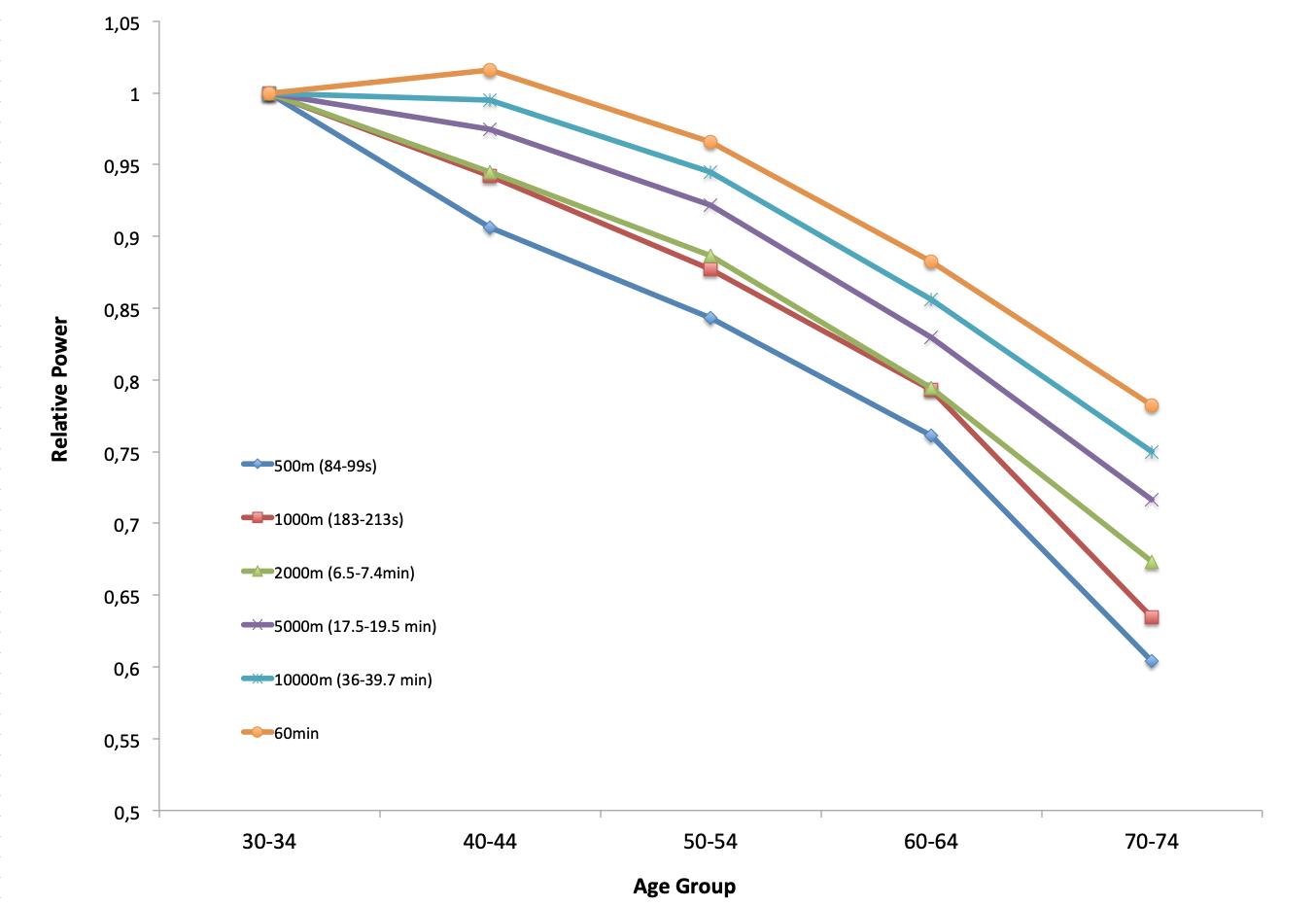

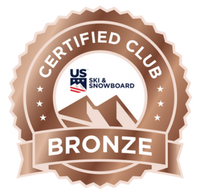
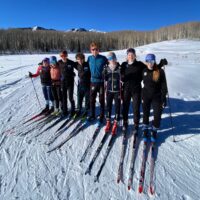
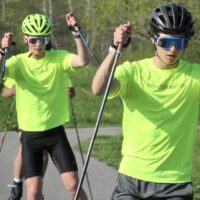
Comments are closed.